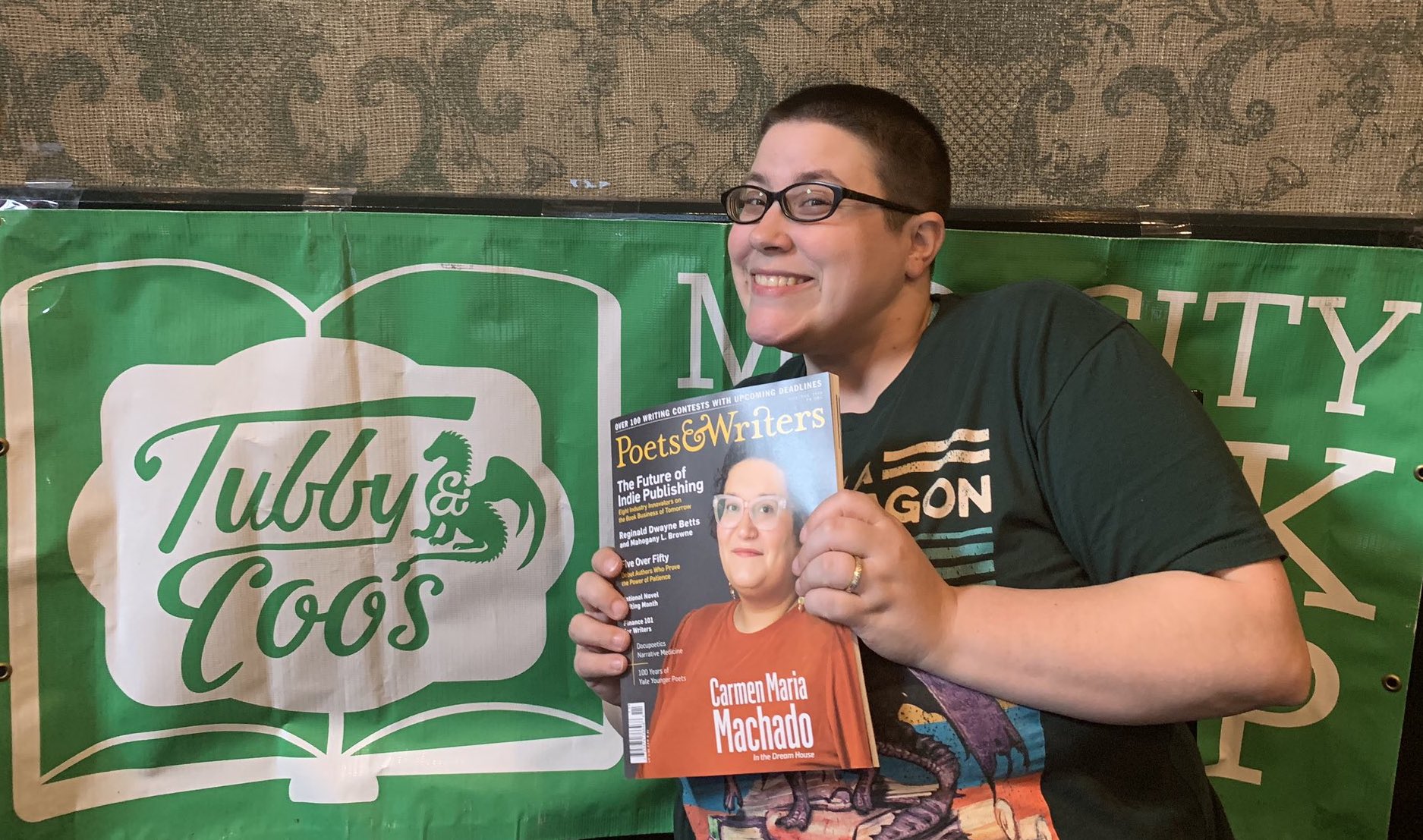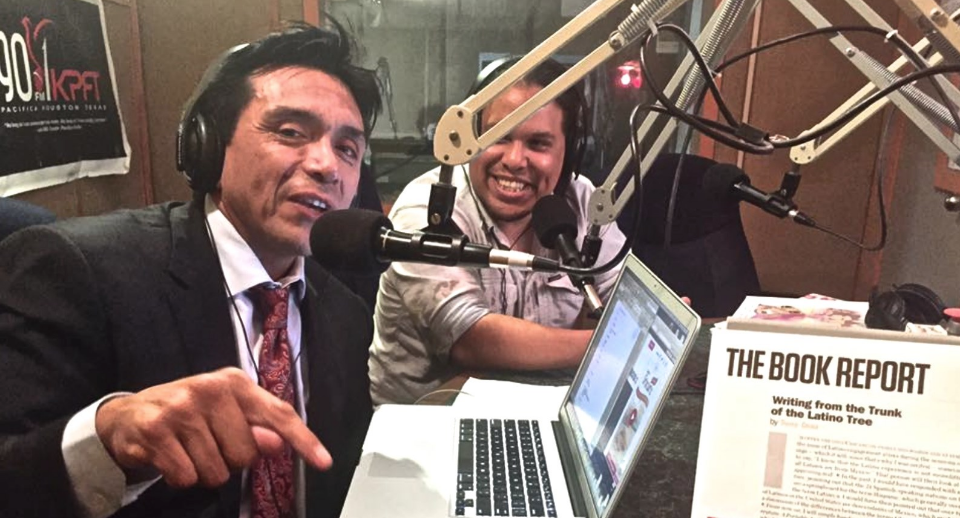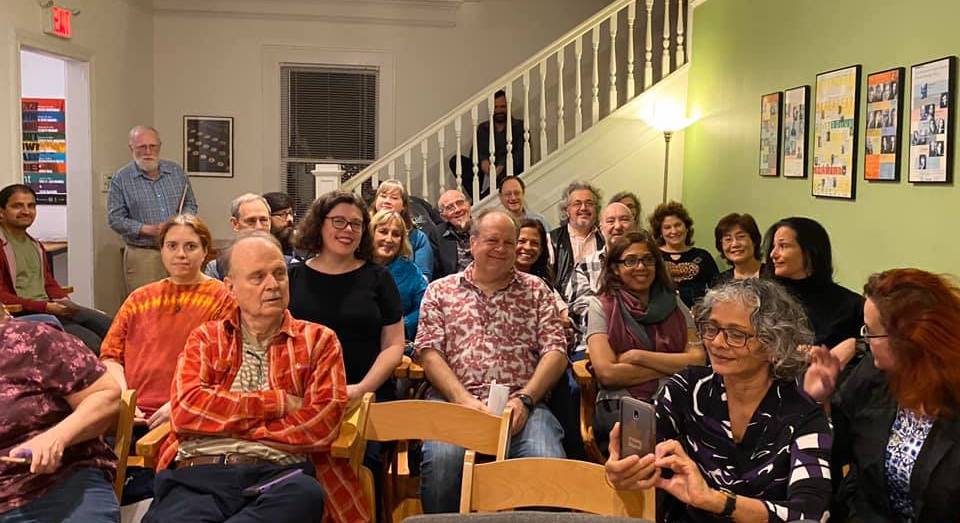Tubby & Coo’s: A Neighborhood Bookstore
Just before the holidays, I highlighted a few local bookstores in New Orleans worth checking out for gifts. Tubby & Coo’s is an indie bookstore doing great work in Mid-City and as luck would have it, our Poets & Writers table was set up next to their onsite bookstore during the recent Words & Music Festival. The shop specializes in genre fiction, including science fiction, fantasy, graphic novels, and children’s books. Tubby & Coo’s owner Candice Huber named the shop after her grandparents who lived in Mid-City and opening a bookstore has been a lifelong dream. Below is a short chat I had with Huber about her bookstore.
What lessons have you learned as a bookstore owner over the last five years?
The main thing I’ve learned is my customer base and what they look for. It’s always a bit of trial and error when you first start, but over the years you listen to customers and learn what they want, and that is immensely helpful. I’ve also learned a lot about the book and publishing industries in general, and about my own personal limitations and skills. Owning my own business has really pushed me, but it’s also been so rewarding.
How does the Mid-City neighborhood play into how Tubby & Coo’s functions?
I love that we’re close to City Park and right on the streetcar line. Also, Mid-City is very community oriented. I love that we know and interact with our neighbors and other Mid-City businesses regularly and that everyone helps each other out and supports each other. I couldn’t ask for a better neighborhood!
The shop’s website mentions that Tubby & Coo’s is also a community center. What else makes your bookstore unique?
We’re a niche store that appeals directly to nerd and queer folk. We carry mostly science fiction and fantasy, but we also have a great selection of queer books, children’s books, and board games. I think we’ve done a good job of creating a safe space and environment and a wonderful community space where anyone can be themselves.
Are there any upcoming bookstore events we should look out for in 2020?
We’re currently in the process of planning for 2020. We’ll definitely continue our book clubs and board game night, which are always hits. And we’re already planning our super popular Harry Potter Birthday Party. Our sibling publishing company, TALES Publishing, will also be picking up in 2020 to publish a few more books. We’ll have other fun events as well, so stay tuned to our Twitter feed, @tubbyandcoos!








